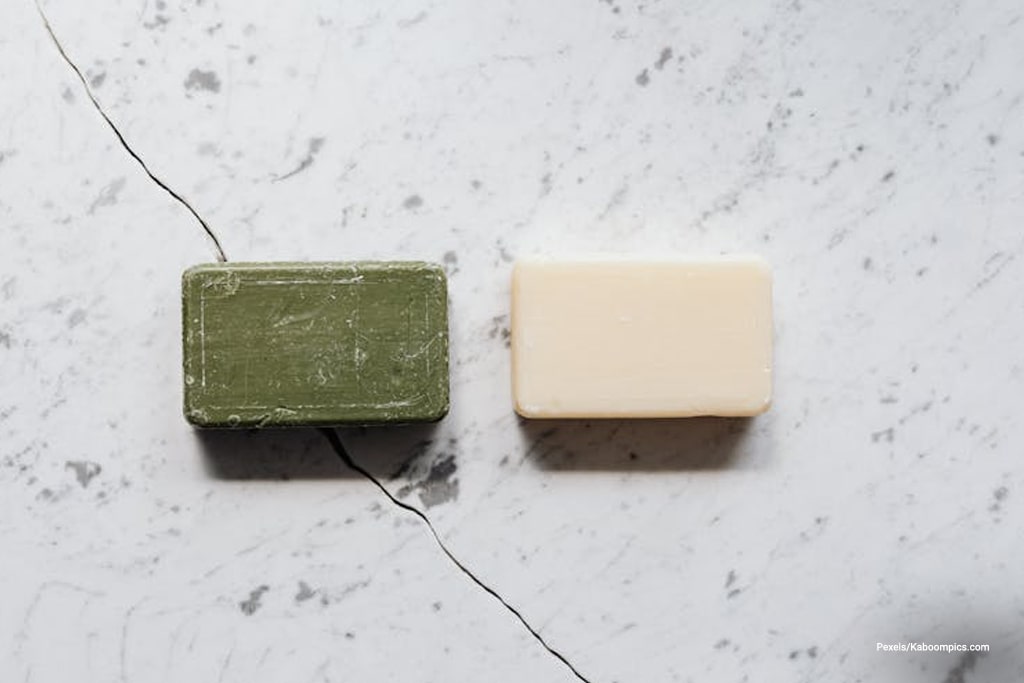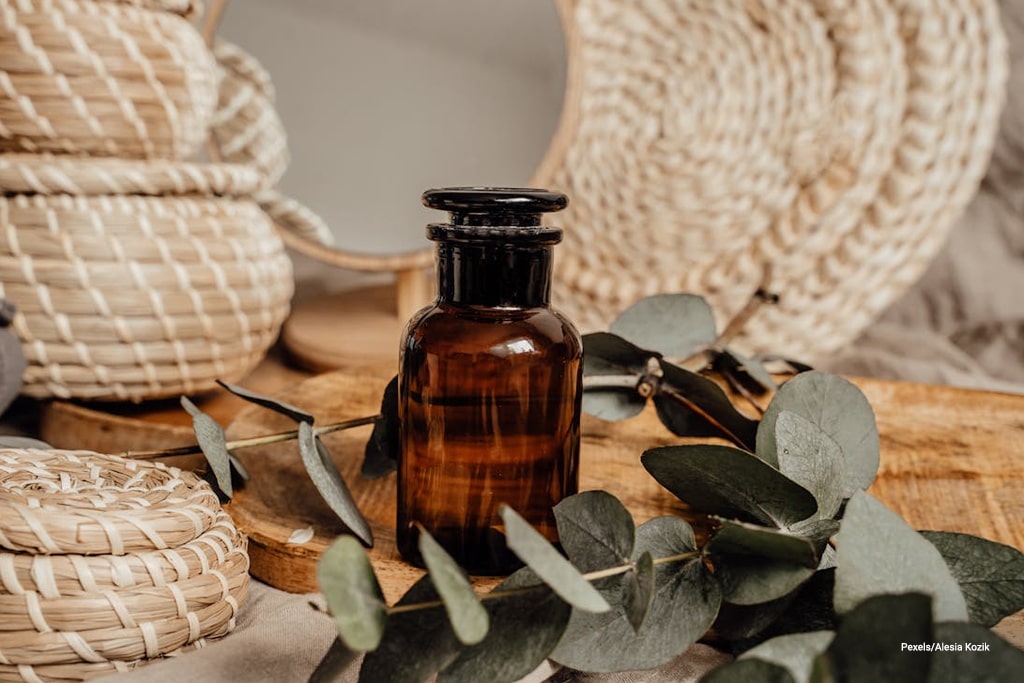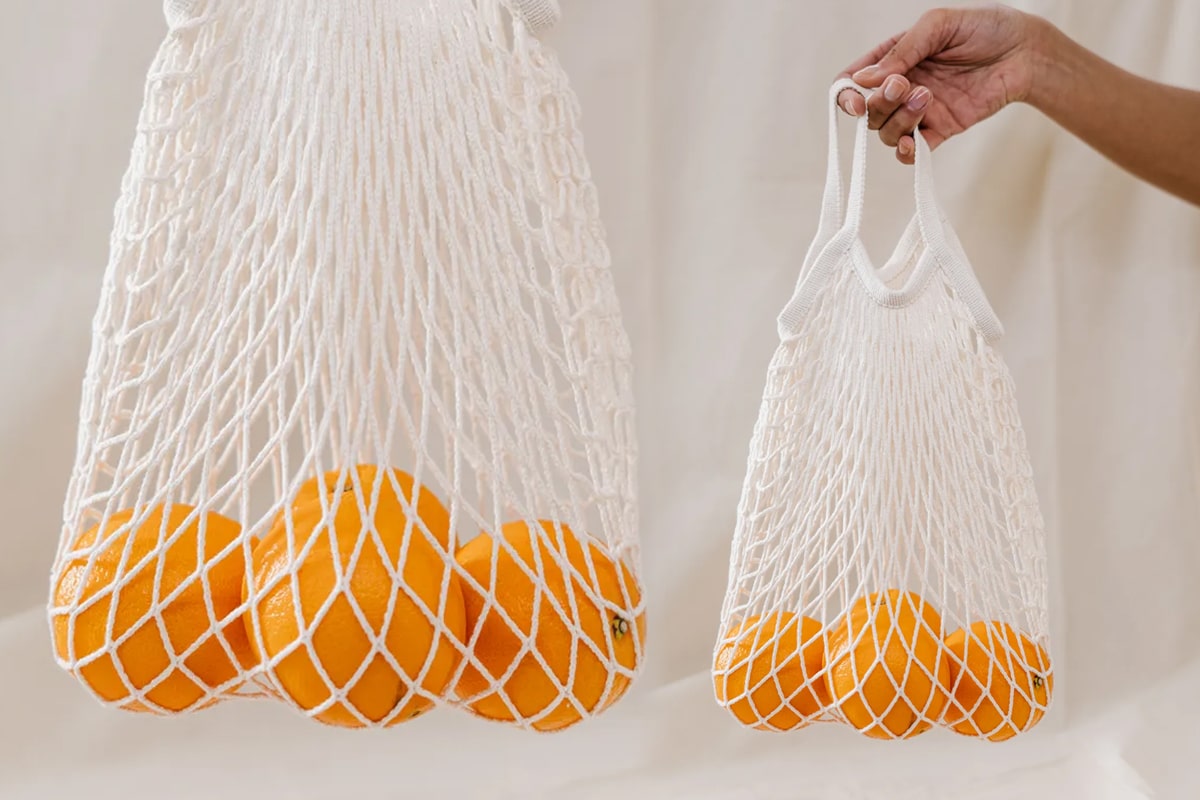Laundry is a routine chore in most households, but the products and methods we use can have a big impact on both our health and the environment. Conventional detergents often contain harsh chemicals, synthetic fragrances, and dyes that may irritate sensitive skin and contribute to water pollution. By making a few simple switches, you can enjoy fresher clothes, healthier living, and a more eco-friendly home.
Greener Laundry Made Simple: Simple Hacks for a Healthier Wash
Doing laundry doesn’t have to come at the cost of your health or the planet. With a few simple, non-toxic swaps, you can keep clothes fresh while making your wash routine greener and healthier. Here are some non-toxic laundry hacks to help you have a greener wash day.
1. Choose Plant-Based Detergents

Instead of using chemical-heavy detergents, opt for plant-based formulas that are biodegradable, free from synthetic fragrances, and gentle on fabrics. Look for eco-certified brands or even try making your own liquid or powder detergent using natural ingredients like washing soda, baking soda, and castile soap.
2. Use Soap Nuts or Soap Berries
Soap nuts, also known as soap berries, are a natural alternative that contain saponins, a natural cleaning agent. They can be placed directly in the washer inside a cloth bag, providing a gentle and sustainable clean. Plus, they’re compostable after use.
3. Swap Fabric Softener for Vinegar
Commercial fabric softeners often leave behind synthetic residues. Instead, add half a cup of white vinegar to the rinse cycle. It naturally softens fabrics, reduces odors, and helps remove detergent buildup without leaving a strong vinegar smell once clothes are dry.
4. Brighten Whites with Baking Soda
Skip the bleach and use baking soda to naturally brighten and deodorize your laundry. Adding half a cup to your wash cycle helps maintain whites and keeps clothes smelling fresh.
5. Harness the Power of the Sun
Instead of relying solely on a dryer, consider air-drying clothes outdoors. Sunlight not only saves energy but also has natural disinfecting and whitening properties. It’s a free and eco-friendly way to keep your laundry fresh.
6. Essential Oils for Freshness

If you miss the fragrance of conventional laundry products, add a few drops of essential oils like lavender, eucalyptus, or lemon to your detergent or wool dryer balls. They’ll leave your laundry smelling light and fresh without synthetic chemicals.
7. Reusable Dryer Balls
Replace single-use dryer sheets with wool or rubber dryer balls. They reduce static, soften clothes, and speed up drying time, helping you save energy.
8. Wash with Cold Water
Washing with cold water not only saves energy but also extends the life of your clothes. Most non-toxic detergents are designed to work effectively in cold water, making this switch an easy win for both your wallet and the environment.
9. Spot Treat with Natural Solutions
Instead of chemical stain removers, try natural alternatives like lemon juice for brightening, hydrogen peroxide for whitening, or baking soda paste for tough stains. These are effective and much gentler on fabrics.
10. Full Loads Only
Be mindful of how often you run your washer. Waiting until you have a full load reduces water and energy waste, making your wash day more efficient.
Clean Clothes, Clean Living
Non-toxic laundry doesn’t have to be complicated or expensive. With a few thoughtful swaps, you can create a healthier home environment, protect your skin, and reduce your environmental footprint—all while keeping your clothes clean and fresh. Start small, and over time, these greener habits will become second nature.





